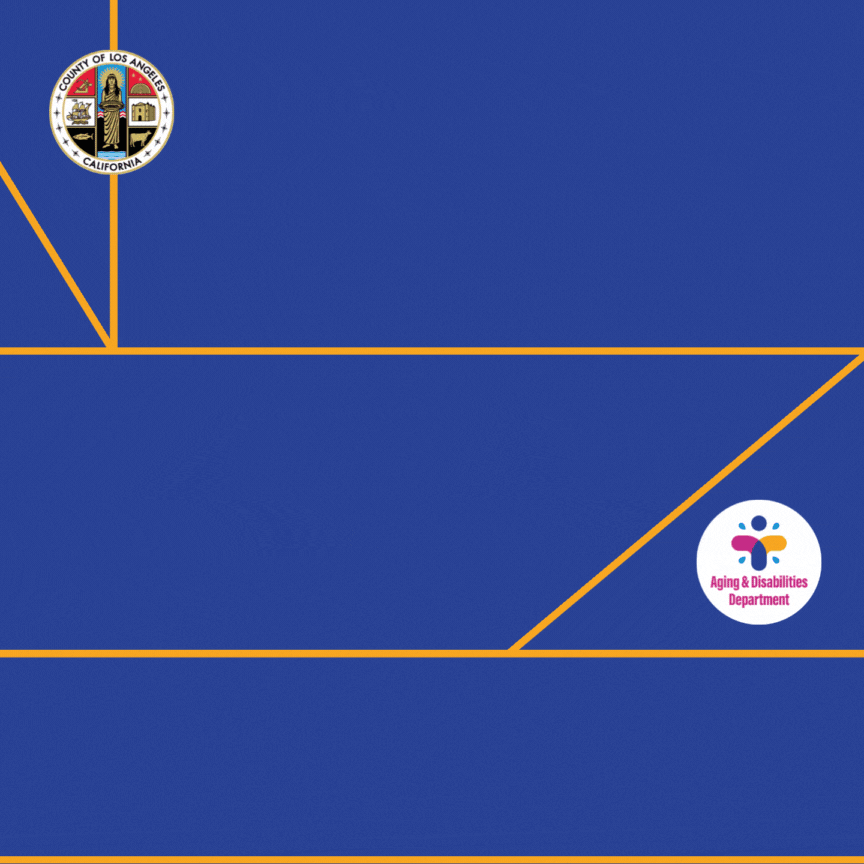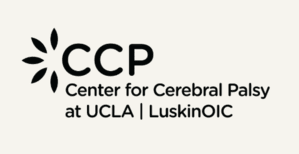What is Cerebral Palsy (CP)?
Cerebral Palsy (CP) is a group of permanent disorders of the development of movement and posture, causing activity limitation, that are attributed to non-progressive disturbances that occurred in the developing fetal or infant brain. The motor disorders of cerebral palsy are often accompanied by disturbances of sensation, perception, cognition, communication, and behavior, by epilepsy, and by secondary musculoskeletal problems.
CP is the leading cause of childhood disabilities in the U.S., but it doesn’t always cause severe disabilities. Someone with mild CP may not need any assistance or may have slight problems, while a person with severe CP might need special equipment or lifelong care. Cerebral palsy isn’t progressive, meaning it doesn’t necessarily get worse over time. Some symptoms may even change or get better as the child gets older.





